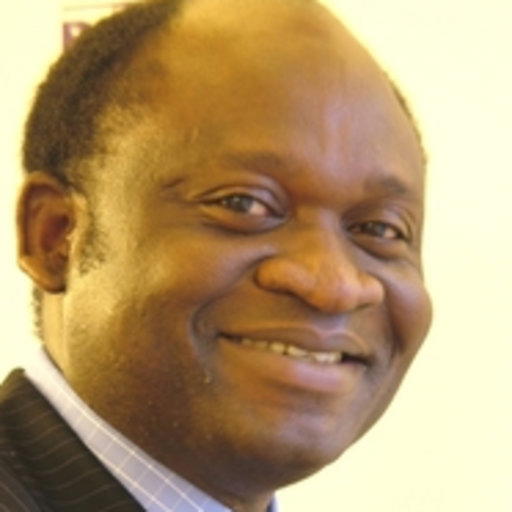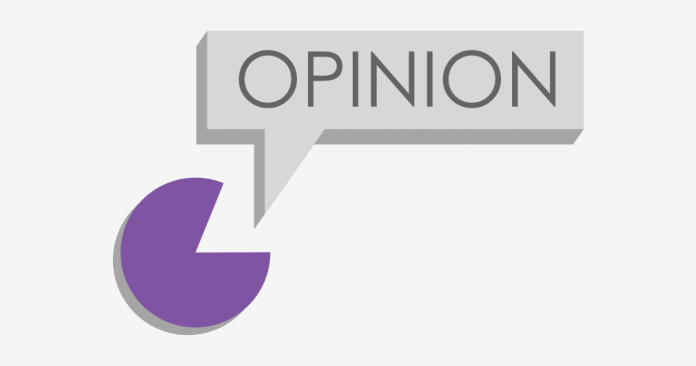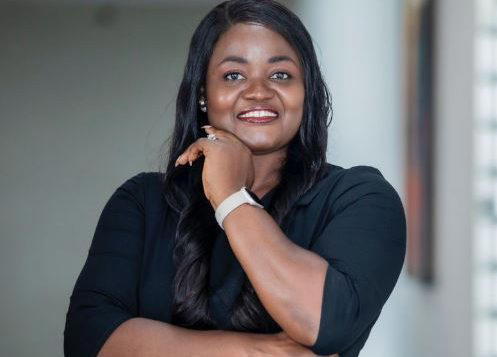
Obasanjo and the haunting ghost of his Third Term Agenda, by Olu Fasan,
Chief Olusegun Obasanjo, Nigeria’s former military ruler and former civilian president, is a bundle of contradictions. One could write a book on Obasanjo’s strengths, and another on his flaws. Of course, Obasanjo is his own hagiographer. He has written many books on himself, with such self-referential titles as My Command, Not My Will and My Watch. But as the biographer Lytton Strachey said, discretion is not the better part of biography. And so, most of Obasanjo’s books are an exercise in self-glorification, with highly disputed narratives.
For instance, Obasanjo’s My Command, an account of his role during the civil war, was so controversial that it provoked General Godwin Alabi-Isama to write his own book, The Tragedy of Victory, to correct what he described as “Obasanjo’s Tissues of Lies”. But while the civil war is an elite subject among the retired Generals, one issue that all adult Nigerians remember so vividly, as if it was yesterday, was Obasanjo’s attempt to extend his tenure and do a third term as president. He continues to deny it; but each time he does, he provokes a barrage of angry responses by those with knowledge of the unfolding events of the period.
Recently, while speaking during the Goodluck Jonathan Foundation’s Democracy Dialogue in Ghana, Obasanjo said: “There is no Nigerian dead or alive that would say I called him and told him I wanted a third term.” He added: “I’m not a fool. If I wanted a third term, I know how to go about it.” The reactions were quick and unequivocal.
Speaking on Arise Television, Dr Usman Bugaje, a federal legislator during the Third Term saga, said: “I can confirm that Obasanjo did everything within his power to get a third term, but failed,” adding: “There is no way he can deny it.” Joining the fray, Senator Orji Kalu, a former Abia State governor, said on Channels Television: “What Obasanjo said was a naked lie. Many people who were part of that period are still alive.” Senator Kalu continued: “He invited me to the Villa and told me about the third term.” Obasanjo’s previous denials were similarly controverted by others like Adolphus Wabara, a former Senate President.
This is sad because Obasanjo’s positive contributions to Nigeria are monumental, be it as a civil war combatant, a military head of state and a civilian president, not to mention myriad other roles. But at the heart of the problem is Obasanjo’s unwillingness to admit that he is human and thus fallible. It’s either a military thing (soldiers hate appearing weak!) or a cultural/personality issue (a proud Yoruba/Egba chief), but Obasanjo considers publicly admitting a fault or apologising utterly beneath him; he would rather use “ogboju” – bold face/bravado – to wriggle out of any situation. Yet only God is infallible!
In my book, Obasanjo is the best Nigerian president to date when it comes to government effectiveness; but he is the worst president in Nigerian history when it comes to the exercise of political power, although, in just over two years in office, President Tinubu is trying very hard to take that position from Obasanjo, with his penchant for crude and unconstrained use and personalisation of power. But let’s focus on Obasanjo and unpack his contradictions.
Take governance. Obasanjo was a visionary and effective leader who freed Nigeria from a debt peonage by successfully negotiating a debt relief; fought corruption by creating anti-graft bodies like the EFCC; and embarked on far-reaching economic and institutional reforms. In her book, Reforming the Unreformable, Dr Ngozi Okonjo-Iweala, Obasanjo’s finance minister during his second term, who helped negotiate the debt relief, describes in detail the macro-economic and structural reforms under the Obasanjo administration. It is the golden era of governance in Nigeria!
Sadly, the same can’t be said about Obasanjo’s handling of politics. He ran Nigeria like a military dictator: removed state governors through emergency rule; sacked Senate presidents capriciously; and fired his party’s chairmen whimsically. The 2003 presidential election was so massively rigged that Obasanjo secured 99.9 per cent of the votes in Ogun, his home state; the Supreme Court nullified the whole election in the state. The one in 2007 was also so massively rigged that the Supreme Court nearly removed its beneficiary, Umaru Yar’ Adua, from office, with only a four to three majority decision in his favour. Before the 2007 poll, Obasanjo declared it a “do or die affair”, an utterly anti-democratic stance. And, of course, he attempted to change the presidential term limits to allow him to run for a third term.
Truth is, Obasanjo’s repeated denial of the third term bid is untethered to the facts. In a widely circulated letter to her father in 2013, which she never disowned, Senator Iyabo Obasanjo said she went to Abuja to persuade him to drop the Third-Term Agenda but was rebuffed. “When I spoke to you, your outward attitude to the country was that you were not interested in the third term and that it was others pushing it. Your statement to me that day proved to me that you were the brain behind the third term debacle.” In an editorial after the Senate rejected the proposed constitutional amendment, The New York Times said the bid was an attempt by Obasanjo to “join the club of African strongmen who never know when to call it quits.” So, Obasanjo’s repeated denial contrasts with the version of history.
But why does this matter? Well, because Obasanjo is an iconic Nigerian leader, with colossal achievements. However, his unwillingness to accept his fallibility and admit past errors does his legacy little credit. What’s more, saying that “If I wanted a third term, I know how to go about it”, instead of apologising for taking the country through such a trauma, insults the intelligence of every Nigerian and belittles Nigeria. A dose of humility will help!
Adieu Dr Kolade, a corporate giant and great patriot
The year was 1993. I was a magazine publisher in London. One day, I received a call from the Nigeria High Commission that Dr Kolade, then chairman of Cadbury, was in town. I dashed off to Northumberland Avenue, the home of the High Commission, to meet him. He agreed to an interview and invited me to Cadbury’s Guest House at Edgware Road.
When I got there, Dr Kolade received me warmly and fielded my questions for about two hours. His key theme was that instability was hurting Nigeria’s credibility abroad. “Nothing is certain in Nigeria until it happens,” he said, lamenting the constant policy shifts and political crisis. Several years later, he returned to the UK as the High Commissioner. I had a few interactions with him and was enriched by them, adoring him until his death last week on October 8.
Utterly apolitical, but Dr Kolade did not detach himself from Nigeria’s political development. In 2019, ahead of the presidential election, he joined hands with Chief Philip Asiodu and a few other elder statesmen, under the aegis of “Burdened Elders”, to warn that “the nation is bleeding profusely and approaching a frontier it had never seen before.” Yet, his most enduring legacies are his sterling contribution to corporate Nigeria and relentless promotion of integrity in public life. He was a living legend. May his soul rest in peace!
The post Obasanjo and the haunting ghost of his Third Term Agenda, by Olu Fasan appeared first on Vanguard News.
,
Chief Olusegun Obasanjo, Nigeria’s former military ruler and former civilian president, is a bundle of contradictions. One could write a book on Obasanjo’s strengths, and another on his flaws. Of course, Obasanjo is his own hagiographer. He has written many books on himself, with such self-referential titles as My Command, Not My Will and My Watch. […]
The post Obasanjo and the haunting ghost of his Third Term Agenda, by Olu Fasan appeared first on Vanguard News.
, , Emmanuel Okogba, {authorlink},, , Vanguard News, October 16, 2025, 12:45 am










